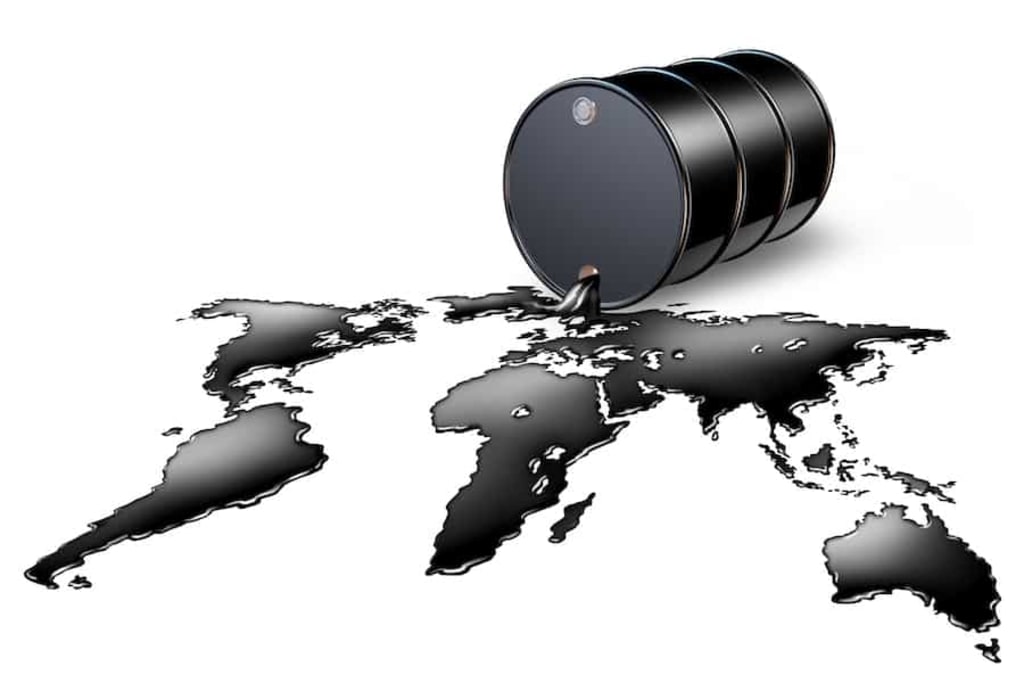
The oil market of Russia is one of the most significant in the world. Russia is the largest producer of crude oil and second-largest producer of petroleum products after the United States. It accounts for around 12% of the world's oil production and has the largest reserves of oil and natural gas in the world.
The oil industry is a crucial sector for Russia's economy, accounting for about 40% of the country's total exports and more than 20% of the federal budget revenues. The oil and gas industry in Russia is dominated by the state-owned companies, Rosneft and Gazprom, which are responsible for most of the oil and gas production and export.
The oil market of Russia is highly competitive, with many players in the market. Some of the major oil companies in Russia include Lukoil, TNK-BP, Surgutnefte gas, and Rosneft. These companies have a significant presence in the domestic and international markets and compete fiercely for market share.
Russia's oil production is heavily concentrated in Western Siberia, which accounts for more than 80% of the country's total oil production. The oil fields in this region are mature, and the production levels have been declining in recent years. However, the Russian government has been actively promoting the exploration and development of new oil fields in Eastern Siberia and the Arctic region to maintain the country's production levels.
Russia's oil exports are mostly destined for Europe, which accounts for about 75% of the total exports. The major consumers of Russian oil in Europe include Germany, the Netherlands, and Poland. However, Russia has been diversifying its oil export markets in recent years, with increasing volumes going to Asia and the Middle East.
The oil market of Russia is also affected by geopolitical factors, such as the ongoing conflict in Ukraine and the sanctions imposed by Western countries in response to Russia's actions. These factors have led to some challenges for the Russian oil industry, such as restricted access to technology and financing.
The Russian oil industry is dominated by state-owned companies, with Rosneft and Gazprom Neft being the two biggest players. These companies are responsible for the majority of the country's oil production and have a significant presence in the international market. Rosneft, in particular, is one of the world's largest oil companies and has operations in several countries, including Venezuela, Iraq, and India.
The Russian oil industry has faced several challenges in recent years. The country's economy heavily depends on oil exports, and the slump in oil prices in 2014-2016 had a significant impact on the Russian economy. The country's economy went into recession, and the rubble depreciated significantly, which led to inflation and a decline in living standards. The imposition of Western sanctions on Russia also hurt the oil industry, as it restricted access to capital and technology.
Despite these challenges, the Russian oil industry has shown resilience and has continued to grow. The industry has been supported by a weak ruble, which has made exports more competitive, and the government's efforts to boost domestic production. In 2018, Russia's oil production reached a post-Soviet high of 11.2 million barrels per day, and the country's oil exports reached a record level of 5.2 million barrels per day.
The future of the Russian oil industry looks bright, with the government's plans to increase production further. The country has announced plans to develop new oil fields in the Arctic region, which is believed to hold up to 90 billion barrels of oil. The government is also looking to attract foreign investment into the industry, with several tax incentives and investment opportunities being offered to international companies.
However, the Russian oil industry is also facing some challenges. The global shift towards renewable energy sources and the increasing focus on reducing carbon emissions could impact the demand for oil in the long run. The industry is also facing increasing competition from other oil-producing countries, such as the United States and Saudi Arabia. The imposition of new sanctions by Western countries could also hurt the industry's growth prospects.
In conclusion, the Russian oil industry is a critical part of the country's economy, and it has shown resilience in the face of several challenges. The industry's future looks promising, with plans to increase production and attract foreign investment. However, the industry also faces several challenges, such as increasing competition, changing global energy trends, and potential sanctions.





Comments
There are no comments for this story
Be the first to respond and start the conversation.